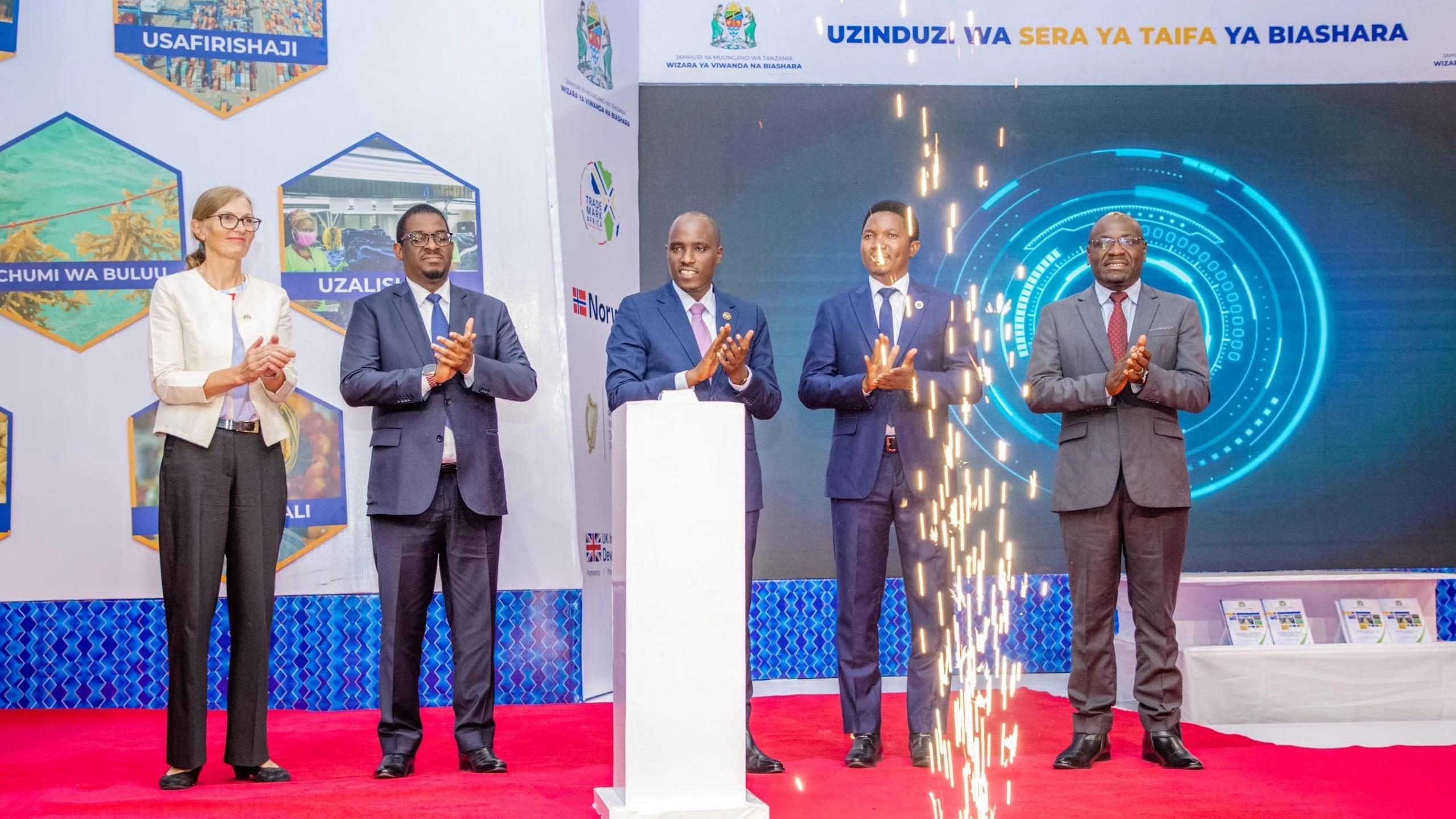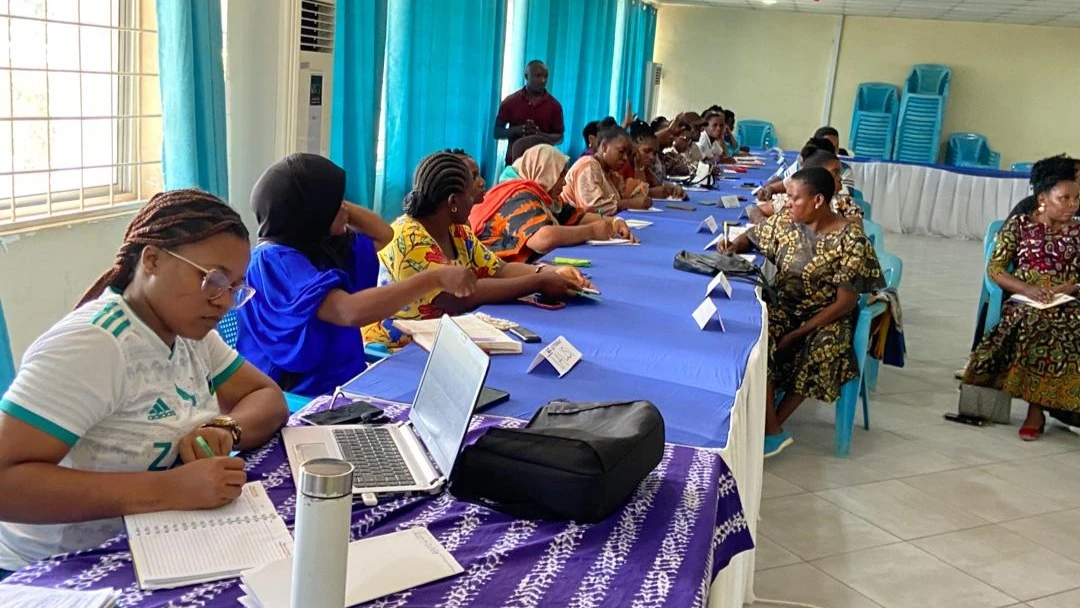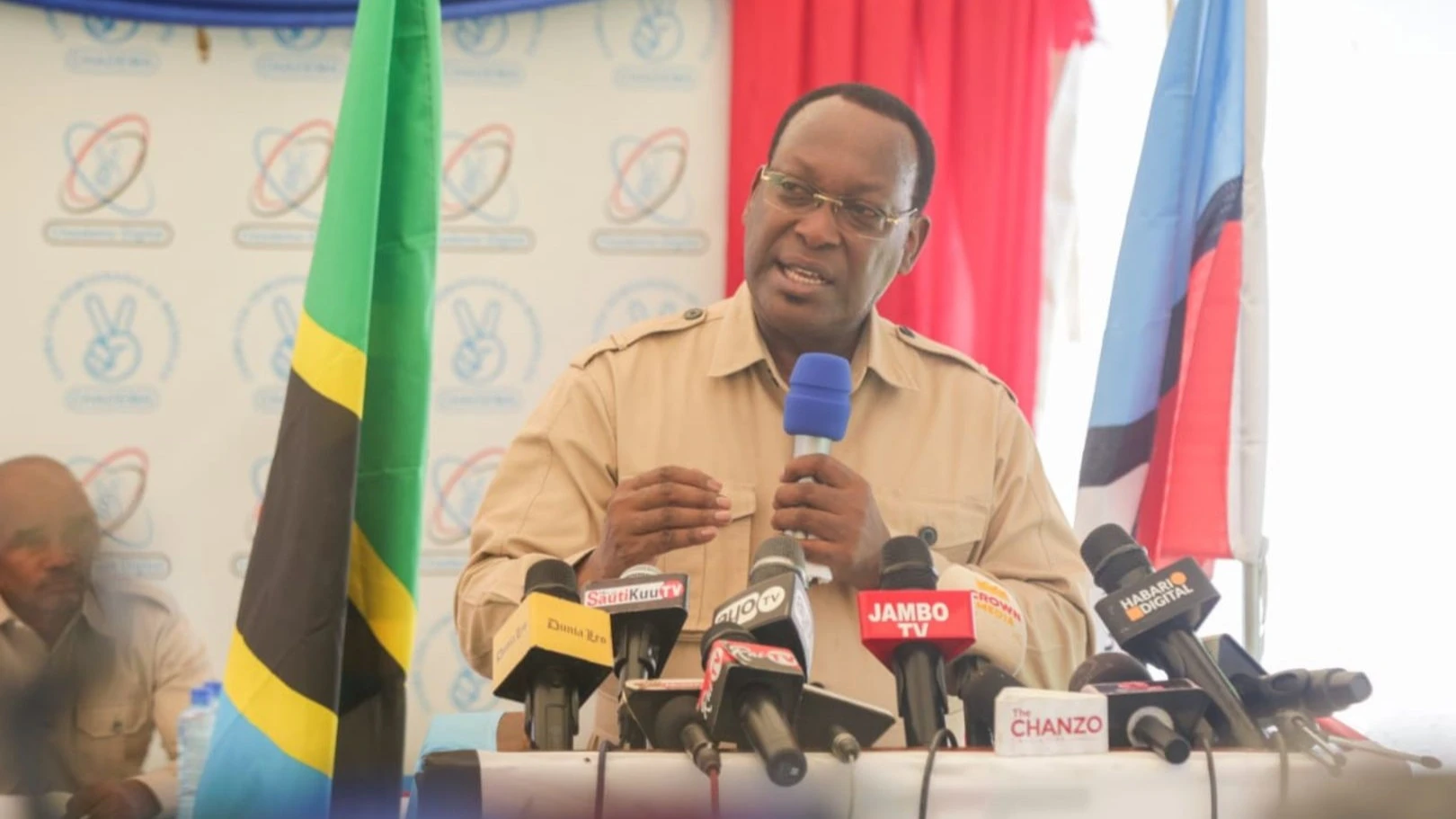Use revised trade policy, DPM directs facilitators

TRADE facilitators must effectively utilise the revised National Trade Policy to propel value increase for local products to improve the competitiveness of Tanzanian products in regional and global markets.
Deputy Prime Minister Dr Doto Biteko issued this appeal in Dar es Salaam yesterday when launching the revised policy setting before a diverse audience of diplomats, cabinet ministers, top government officials and trade sector stakeholders.
Utilising the new policy will help to eliminate trade handicaps to enable a robust legal framework to promote business activity, he said, underscoring that a government officer’s role is to facilitate business development and ensure profitability.
Officials are not supposed to create hurdles, he stated, worried about habits of taking pleasure in hindering business progress. This must change, he said, noting that the trade sector's contribution to national income remains modest, thus the need to use the revised policy to simplify trade processes and increase export contribution to growth.
“Many have criticized our previous policy as outdated. Now that we have updated it, it’s time to demonstrate to the world that we are evolving in step with global standards,” he declared, insisting that policies are only effective if they are implemented with good intentions.
It is high time to move beyond policy documentation to meaningful action, he said, cautioning on the futility of having documents and lacking people with good intentions to work on them, as “it will be just like a storybook.”
“So let us change our attitude and thinking, we need to act as intermediaries between the business community and the government,” he said, highlighting that President Samia Suluhu Hassan was concerned about trade sector challenges, setting up a committee to address the issues.
“We must serve traders effectively and not frustrate them. There will be no tolerance for misuse of power,” the deputy premier intoned, assuring traders that the government is committed to uplifting the business environment, while cautioning against tax evasion.
Dr Selemani Jafo, the Industry and Trade minister, acknowledged the contributions of various stakeholders, including foreign embassies and TradeMark Africa, in developing the revised policy.
“Our goal was to create a policy that reflects current realities,” he said, lauding ministerial experts for a job well done, and anticipating significant improvements in export performance particularly in regional markets.
Elibariki Shammy, the Trademark Africa country director, highlighted the organization’s 13-years of collaboration with the government, the private sector and civil society organisations to enhance trade performance.
Progress registered includes the construction of one-stop border posts at Tunduma (Songwe Region), Kabanga and Mutukula (Kagera Region), along with Holili (Kilimanjaro Region) while scanners have been installed at the Tunduma border post.
This has reduced border crossing waiting time by 70 percent, thus lowering transportation costs, he said, noting that ministry officials had shown dedication to effective policy formulation.
The task is complex and resource-intensive, he affirmed, while Norwegian ambassador Tone Tinnes said that in recent years, Tanzania has witnessed a new dynamic with a government push to enhance trade, attract investments and improve the business climate.
Recent trade data shows that Tanzania is again increasing its exports again, with regional trade opportunities significantly contributing to this growth while foreign direct investment (FDI) is also increasing, she stated.
“Regional trade and investment opportunities are expanding,” the stated, explaining that while trade barriers come down, intra-regional trade is still lower than optimal and there is a huge potential for increasing it.
Studies show that Tanzania has shown comparative advantage in manufacturing mainly in crop value addition, within East Africa and across the broader African market for number of products, she stated.
She described the newly launched initiative as an up-to-date trade policy, aimed at enhancing its competitiveness regionally and globally. It focuses on strengthening the use of digital technologies, addressing issues related to gender, youth and climate change adaptation in elevating the doing business environment.
The true value of the new trade policy depends on how far it is realized in implementation at central and local levels and in consultation with stakeholders to resolve bottlenecks when they arise, the envoy added.
Top Headlines
© 2024 IPPMEDIA.COM. ALL RIGHTS RESERVED






















